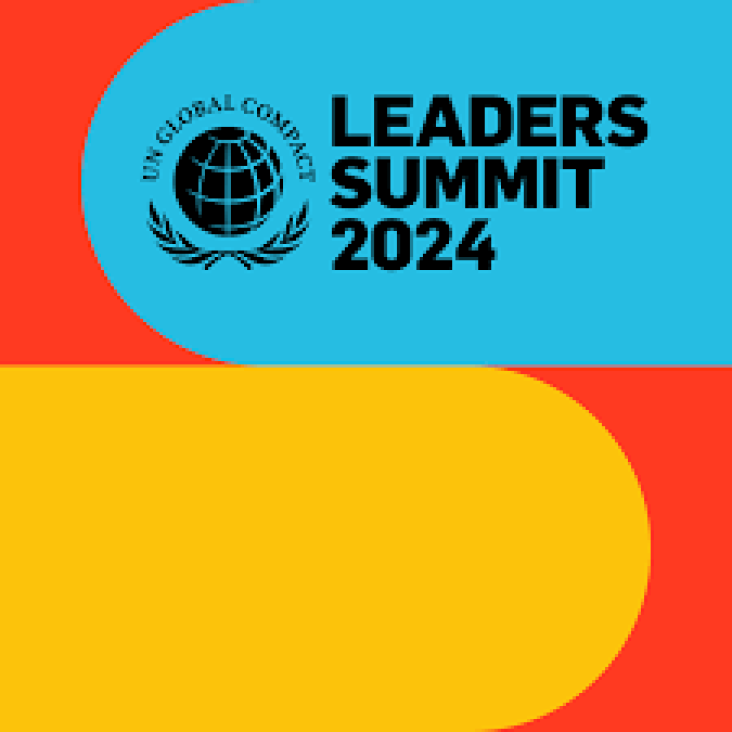
On Wednesday 25th September 2024, the five 2024 WE Empower awardees will take part in the WE Empower SDG Challenge Pitch Night. Hosted by fashion designer, author and philanthropist, Diane Von Fur
Water Treatment Using Engineered Carbon Nanotubes, Micro and Nano Technologies series, 2024, Pages 63-96
This study explores the social impact of recycling human hair, waste face masks, and RMG waste into composite fields, which will help to reduce environmental pollution and global warming, achieve sustainability, develop a circular economy, and deter climate change. In contrast to societal impacts, the scalability, cost-effectiveness, and long-term durability of composites will not be an issue since the cost of waste is tiny, composite's strengths are higher than some natural fiber-reinforced composites, and those wastes can also be used to fabricate hybrid composites as cheap constituents.

The Leaders Summit is the UN Global Compact’s dynamic day-long conference dedicated to providing the tools, network, knowledge, and inspiration needed to scale the impact of private sector contribu

More than 1100 people came together virtually on 18 June 2024 for the tenth edition of the RELX SDG Inspiration Day: "In the Age of AI: Information to Advance the UN Sustainable Development Goals (SDGs)." The annual online event brings together thought leaders, corporate representatives, students, investors, governments, and NGOs to explore pressing issues, gain practical insight, and inspire action on the United Nations Sustainable Development Goals (SDGs).

Recognising our customers' exceptional work to achieve the UN Sustainable Development Goals.
Gala, D., Khetan, S., & Mehendale, N. (2024). Assessing opportunities for enhanced lighting energy conservation via occupancy and daylight monitoring. Measurement: Energy, 3, 100015.
This article addresses SDGs 7, 12 and 13 by examining responsible energy consumption and automated systems that provide potential efficiencies through lighting optimization.
Antibiofouling Membranes for Water and Wastewater Treatment: Principles and Applications, 2024, Pages 247-311
This chapter aligns with UN SDG Goals 6, 9 and 12 by focusing on the advancement and practical application of antibiofouling membrane technologies in water and wastewater treatment, which is essential for improving water quality and ensuring sustainable water management practices.
